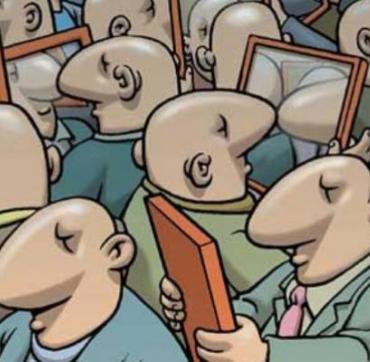Fidel Castro, an Excellent Social Communicator
especiales

Any place was perfect for the Commander in Chief, Fidel Castro, to inform and clarify doubts to the people, always with that magical didactic that characterized him, and made him an excellent communicator.
It was the first years of the Revolution and the image of one of the most important social processes of the last century in the Western Hemisphere was, and still is the target of nonstop attacks with the old, but usable weapons of discredit and manipulation. Hence, one of the priorities of the historic leader of the Cuban Revolution was to stimulate that all Cubans in the island were as informed as possible.
Someone once said that being a reporter is more than being on the payroll of a newspaper or writing a chronicle; it’s actually having a broad sense of life, of history; it’s passion and the almost compelling desire to express an idea to humanity and that’s how Fidel the journalist we all knew was like.
There were many times that he visited the Cuban media, and there are many anecdotes about it.
After demanding days of work, the historical leader of the Revolution still drew that extra that characterized him, to make an appearance on several occasions in Granma newspaper headquarters.
There, late in the evening or also early morning, together with his group, he listened to opinions and presented ideas.
He gave importance to the journalistic exercise to support his reasons, explain fundamentals and strategies, and thus achieve the conscious mobilization of the people.
On national TV, he launched one of the most important media campaigns in the country in the context of Operation Truth, which —with the presence of nearly 380 journalists from the United States and Latin America— helped to make the world know the humanist character of the revolutionary project.
It was on television where he faced the slander of the international press, referring to the revolutionary justice.
We saw Fidel Castro on the Mesa Redonda radio-television reel and in other special interventions.
From that media, he also produced dynamic, truthful, and enlightening journalism, and he proved it when he explained to the audience the importance of carrying out an Energy Revolution in the country.
Later, when health took a toll on the physical strength of the untiring revolutionary leader, Fidel became a soldier of ideas, and the world learned of his concerns and desires through his well-known Reflections, far-reaching materials and impact both for Cuba and the world.
In his writings, he addressed the importance of history for peoples, the threat of nuclear weapons, the need to produce more food than cannons, and stressed, among other issues, the defense of Latin American integration.
Journalism became evident in Fidel, who knew how to combine: being a first-level statesman and the great communicator that he was.















Add new comment